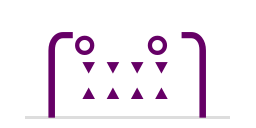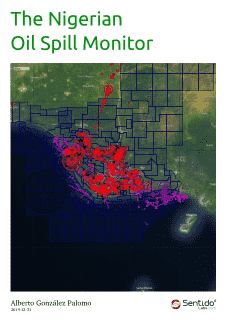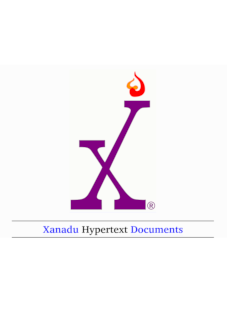Cedro
Cedro es una extensión del lenguaje C que funciona como pre-procesador con ocho prestaciones:
- La macro pespunte
@[«backstitch» en inglés]. - Devolución diferida de recursos [«defer»]
auto ...odefer .... - Salida de bucles anidados
break label;. - Notación para porciones de ristras
array[start..end]. - Macros de bloque
#define { ... #define }. - Macros de bucle
#foreach { ... #foreach }. - Inclusión binaria
#include {...}/#embed "...". - Mejores literales numéricos (
12'34|12_34→1234,0b1010→0xA).
2022-08-04: Use el #embed de C23 hoy con el pre-procesador Cedro
Descarga
Licencia: Apache 2.0
- Código fuente: cedro-1.0.10_20230321.tbz2
- GitHub: Sentido-Labs/cedro
Domo
Biblioteca compacta para aplicaciones «web».
Incluye tres componentes:
- dom: objeto principal, contiene un procesador JsonML extendido para generación concisa de XML/HTML desde Javascript, y atajos para obtención de elementos mediante identificador o selector CSS.
- dom.Nexus: utilitario de enlace bidirectional para construir components HTML y mantenerlos sincronizados con un modelo, que es un simple objeto Javascript.
- dom.XPath: funciones cómodas para XPath. Se apoya en la implementación de XPath del navegador.
Descarga
Licencia: MIT
- Paquete entero incluyendo ejemplos: (5.7 MB) domo-1.0_20210702_2052.tbz2
- Sólo la biblioteca: (3.8 KB) dom.min.js
Nigerian Oil Spill Monitor
Sólo disponible en inglés.
2019-12-31The Nigerian Oil Spill Monitor is the software system used by the Nigerian National Oil Spill Detection and Response Agency (NOSDRA) for recording, mapping and monitoring oil spills. Citizens and other stakeholders can verify the accuracy of those reports at oilspillmonitor.ng
It was developed as part of the oil spill mapping project managed by the British NGO Stakeholder Democracy Network (SDN), funded mainly by the United Kingdom’s Department for International Development (DFID) through the Facility for Oil Sector Transparency in Nigeria (FOSTER) program.
From the 5th annual report of the FOSTER program:
Major achievements under this output through-out the life of the programme include the innovative platforms created by Stakeholder Democracy Network (SDN) and hosted within Nigeria’s environmental regulator (NOSDRA), that track and monitor oil spills and gas flaring with the aim of improving the responsiveness of the Nigerian government to these issues.
Nigerian Gas Flare Tracker
Sólo disponible en inglés.
2019-07-03The Nigerian Gas Flare Tracker is a web application that identifies gas flares in Nigeria, and estimates the energy wasted, value of gas burnt, missing fees (gas flaring is illegal but that’s rarely enforced), potential for electricity generation, and CO₂ emissions.
This 2018 edition is the successor of the first Nigerian Gas Flare Tracker (GFT) I made in 2014, which was an adaptation of the Nigerian Oil Spill Monitor (OSM)
Xanadu Hypertext Documents
Sólo disponible en inglés.
2019-04-25This is a new edition by Alberto González Palomo of the Xanadu System Proposal written by Chip Morningstar in 1984, from the only known remaining copy which was printed on 1984-04-25 at 12:45 PDT.
This is a document I wrote in early 1984 at the behest of the System Development Foundation as part of Xanadu’s quest for funding. It is a detailed explanation of the Xanadu architecture, its core data structures, and the theory that underlies those data structures, along with a (really quite laughable) project plan for completing the system.
At the time, we regarded all the internal details of how Xanadu worked as deep and dark trade secrets, mostly because in that pre- open source era we were stupid about intellectual property. As a consequence of this foolish secretive stance, it was never widely circulated and subsequently disappeared into the archives, apparently lost for all time. Until today!
Chip Morningstar in “A Lost Treasure of Xanadu”, 2019-03-09.
Esquema, RNG XML schema explorer
Sólo disponible en inglés.



